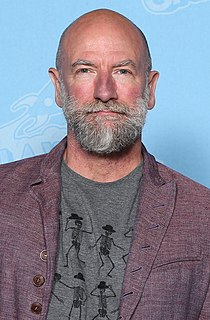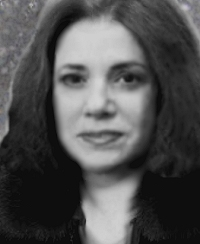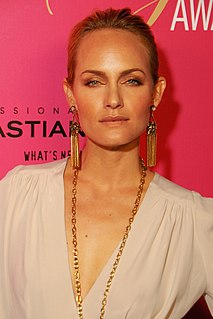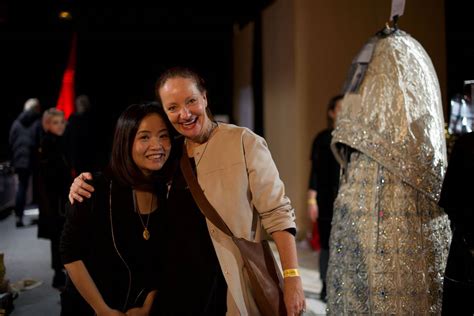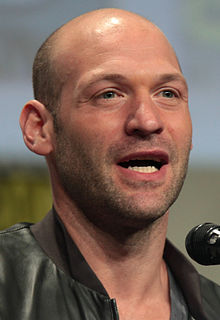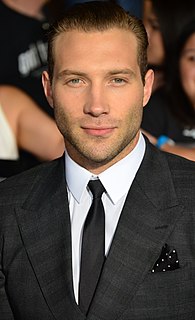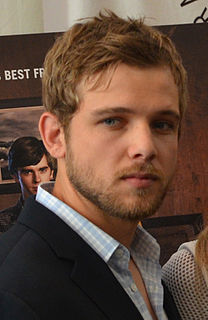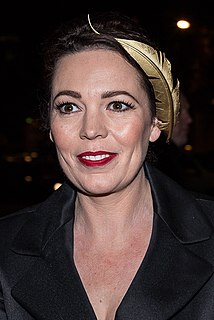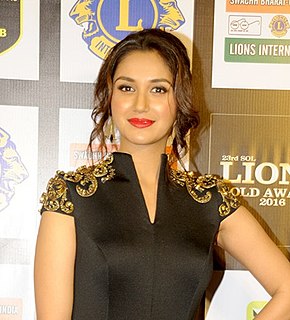A Quote by Graham McTavish
I came home for a week after I finished filming Rambo because, after being in the jungle for three months, all I wanted to do was walk in the Highlands.
Related Quotes
It might sound crazy, but filming in a conflict zone, in Afghanistan, and being a female filmmaker was the easy part. I found people open and understanding of the importance and beauty of filmic storytelling. I never had to explain why Jake Bryant, my Director of Photography, and I were climbing up a ladder to get a high shot, or running ahead to get an arrival shot, or filming weeks after weeks, months after months, collecting so much material. The process was respected and honored.
I don't have anything against homes for the elderly, but my mom, after having nine children, after all the sacrifices, living in an apartment - it gave me anxiety. Being the only male in the family, I said, "No I can't let this happen." Therefore I signed, because I wanted to buy a house for my mom. I started at Givenchy and the whole fashion world was saying, "Couture is finished." No, couture is not finished. Couture has changed - thank goodness.
I moved to L.A. right after I finished high school, for three years, because everybody was telling me it was important to get down there, and then I kind of just decided for myself that I didn't need to be there to be doing this. I wanted out of some of the chaos that comes with living here and being an actor.
